Apple looked into switching the iPhone to Verizon as early as 2007

A story in the latest Wired magazine details how Steve Jobs and Apple continuously became frustrated with AT&T. A number of times, switching the iPhone over to Verizon was suggested until it was determined that the cost to change the phone to Big Red's CDMA network was so high that it put the kibosh on the plan. Toward the end of 2007, when the iPhone was only a few months old, AT&T asked Apple if it could reduce the use of bandwidth by making the YouTube client work only on Wi-Fi. Jobs became perturbed at the idea of restrictions being placed on the device and sent Scott Forstall, the chief of the iPhone software team, to meet with Qualcomm who was supplying Verizon with their CDMA chips. The bottom line-switching to a CDMA model was too complex and expensive. It would require a full redesign of the phone and at the time, Verizon was considered an "iffy" proposition-as much as AT&T was. The subject of switching to Big Red came up often, and as one source noted, "Every time the issue of switching came up, it always seemed to cause as many problems as it solved."
Last fall, flush with the success of the Android flavored Motorola DROID, Verizon took to the airwaves with ads that used maps to point out AT&T's smaller 3G footprint in the U.S. AT&T wanted to respond with iPhone ads, but Apple refused even though one specific Verizon ad called the iPhone a toy. An Apple executive who was involved in the discussions says that the Cupertino based firm was dead set against defending AT&T, "The reason the Verizon ads were so effective wasn’t because of the iPhone. It was because of AT&T’s network. We would have been letting them use the iPhone to put lipstick on a pig," said the executive.
One of the reasons for the strained relationship between Apple and AT&T is the difference in corporate culture. Apple shrouded the iPhone with customary secrecy and many AT&T executives did not get to see the handset until it was introduced by Mr. Jobs to the public. Both sides fought over how the iPhone was to appear at AT&T stores. Apple wanted the phone placed on its own stand, away from other models. When a representative from the carrier even went so far as to suggest that Steve Jobs wear a suit for meeting with AT&T's Board of Directors, he was told that at Apple, no one wears a suit and that in fact, no executive at Apple even owns a suit.
Apple has made some mistakes of its own. Apple insiders confirmed that the baseband software running the iPhone's main radio was full of bugs when the device was originally launched, and was a contributing factor to all of the dropped calls. And the selection of Infineon to provide the main radio was-in hindsight-not a good idea because of the tech firm's limited use in the U.S. prior to being used by Apple. Still, the iPhone has been a huge money maker for Apple and remains the smartphone that everyone is still trying to kill all these years later. And yes, while sources say that leaving AT&T for Verizon has been brought up about half a dozen times, there are no plans to switch carriers now. Right now, the public perceives AT&T as the bad parent, putting a cap on data usage, complaining in public about broadband usage and looking to spank customers with a tiered data plan. Apple remains the good parent, the one with the cool hardware and software that seems to have no limits to what you can do with it.
Apple iPhone 4 Specifications | Review
source: Wired
Last fall, flush with the success of the Android flavored Motorola DROID, Verizon took to the airwaves with ads that used maps to point out AT&T's smaller 3G footprint in the U.S. AT&T wanted to respond with iPhone ads, but Apple refused even though one specific Verizon ad called the iPhone a toy. An Apple executive who was involved in the discussions says that the Cupertino based firm was dead set against defending AT&T, "The reason the Verizon ads were so effective wasn’t because of the iPhone. It was because of AT&T’s network. We would have been letting them use the iPhone to put lipstick on a pig," said the executive.
One of the reasons for the strained relationship between Apple and AT&T is the difference in corporate culture. Apple shrouded the iPhone with customary secrecy and many AT&T executives did not get to see the handset until it was introduced by Mr. Jobs to the public. Both sides fought over how the iPhone was to appear at AT&T stores. Apple wanted the phone placed on its own stand, away from other models. When a representative from the carrier even went so far as to suggest that Steve Jobs wear a suit for meeting with AT&T's Board of Directors, he was told that at Apple, no one wears a suit and that in fact, no executive at Apple even owns a suit.
Apple has made some mistakes of its own. Apple insiders confirmed that the baseband software running the iPhone's main radio was full of bugs when the device was originally launched, and was a contributing factor to all of the dropped calls. And the selection of Infineon to provide the main radio was-in hindsight-not a good idea because of the tech firm's limited use in the U.S. prior to being used by Apple. Still, the iPhone has been a huge money maker for Apple and remains the smartphone that everyone is still trying to kill all these years later. And yes, while sources say that leaving AT&T for Verizon has been brought up about half a dozen times, there are no plans to switch carriers now. Right now, the public perceives AT&T as the bad parent, putting a cap on data usage, complaining in public about broadband usage and looking to spank customers with a tiered data plan. Apple remains the good parent, the one with the cool hardware and software that seems to have no limits to what you can do with it.
Apple iPhone 4 Specifications | Review
source: Wired

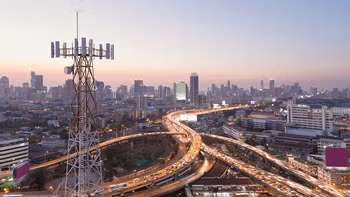




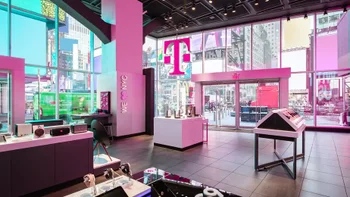
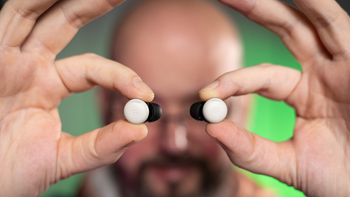
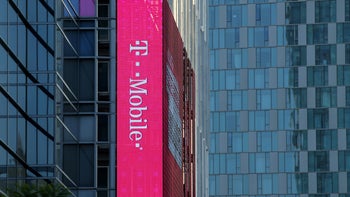



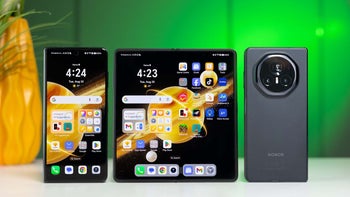
Things that are NOT allowed: